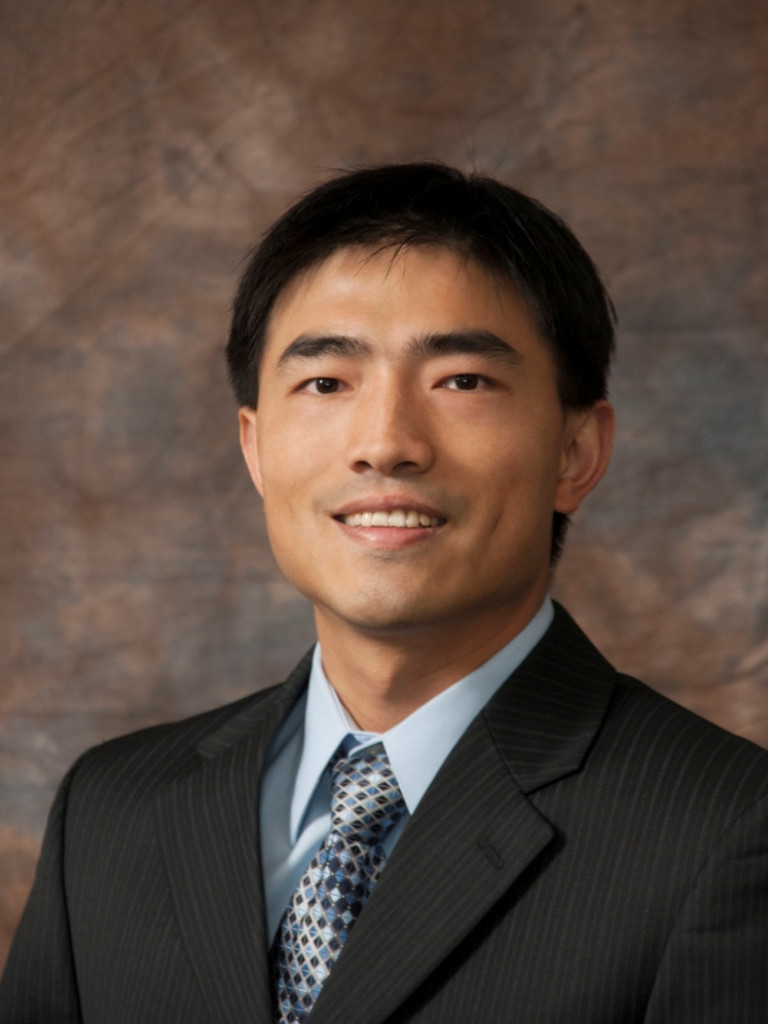Guihua Yu | Falling Walls Science Breakthrough of the Year 2024: Engineering & Technology
Solar-Powered Water Purification with Innovative Hydrogels
Guihua Yu has developed groundbreaking technologies for solar-powered water purification, with a key innovation being hydrogel-based systems. These systems enable efficient and cost-effective production of clean water from sources like atmospheric humidity or seawater and wastewater. Yu’s research has the potential to alleviate global water scarcity and promote sustainable resource management. For his work, Guihua Yu is being awarded the “Breakthrough of the Year 2024” in Engineering and Technology by the Falling Walls Foundation.
Breaking the Wall of Solar Water Sustainability
A central focus of Guihua Yu’s research is the development of hydrogels—gel-like materials that can absorb, store, and release large amounts of water with minimal energy, without dissolving. Hydrogels consist of polymer networks that bind water within their structures. Due to their unique chemical properties, these hydrogels efficiently absorb moisture from the surrounding air and release it when needed.
In Yu’s solar-powered water harvesting systems, these hydrogels are used to draw water from the atmosphere: they absorb moisture from the air and release it by heating with solar energy. The water can then be collected and utilized. "Solar-powered water harvesting offers a groundbreaking way to tap into the vast moisture reserves of the atmosphere," says Guihua Yu. This reservoir contains an estimated 13 trillion tons of water. Yu’s highly efficient materials operate in an eco-friendly and sustainable manner. Yu explains, "Compared to traditional hygroscopic materials like zeolites or silica, our super-moisture absorbent gels set new standards in water harvesting technology."
Fundamental Research and Technological Application
Another key area of research for Yu and his team is solar-powered evaporation of seawater or wastewater. Using solar energy, the salty or contaminated water absorbed by the hydrogels is evaporated. First, the hydrogels absorb the water into their gel-like structure, while salt and impurities remain on the surface or are trapped in separate layers, preventing them from affecting the hydrogels' efficiency. No external power supply is required for the water evaporation process. "Hydrogel-based solar evaporators offer a cost-effective, energy-efficient, and environmentally friendly solution for producing clean water," Yu notes.
In his research, Yu has explored the fundamental principles of materials design for converting solar energy into thermal energy and evaporating water. By combining photothermal materials, nanostructures, and the targeted control of water-material interactions, he has significantly improved the performance of evaporation systems for practical applications. Yu’s work makes an important contribution to water research, purification technologies, and environmental conservation.
Global Impact and International Collaboration
Yu’s innovations could have far-reaching effects on our global society. He collaborates closely with international organizations and scientists to develop solutions for the global water crisis. His technologies could be lifesaving, especially in water-scarce regions or disaster areas. By working with the UN and other organizations, Yu contributes to promoting the Sustainable Development Goals, particularly access to clean water and renewable energy.
In addition to his scientific work, Guihua Yu is passionate about inspiring the next generation of researchers. His advice to young scientists: "Choose a research topic of great societal importance and never give up."
Click here for more information about Guihua Yu's event at Falling Walls Science Summit 2024.
